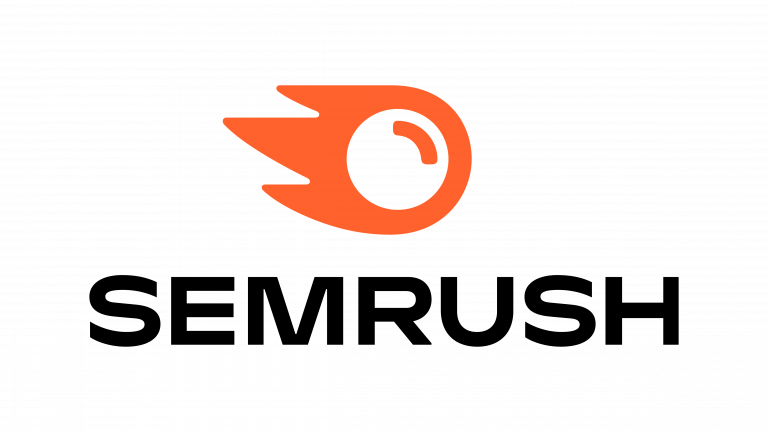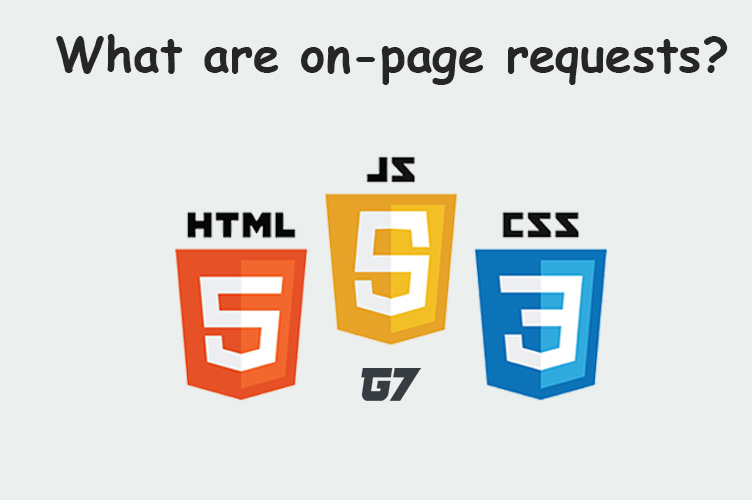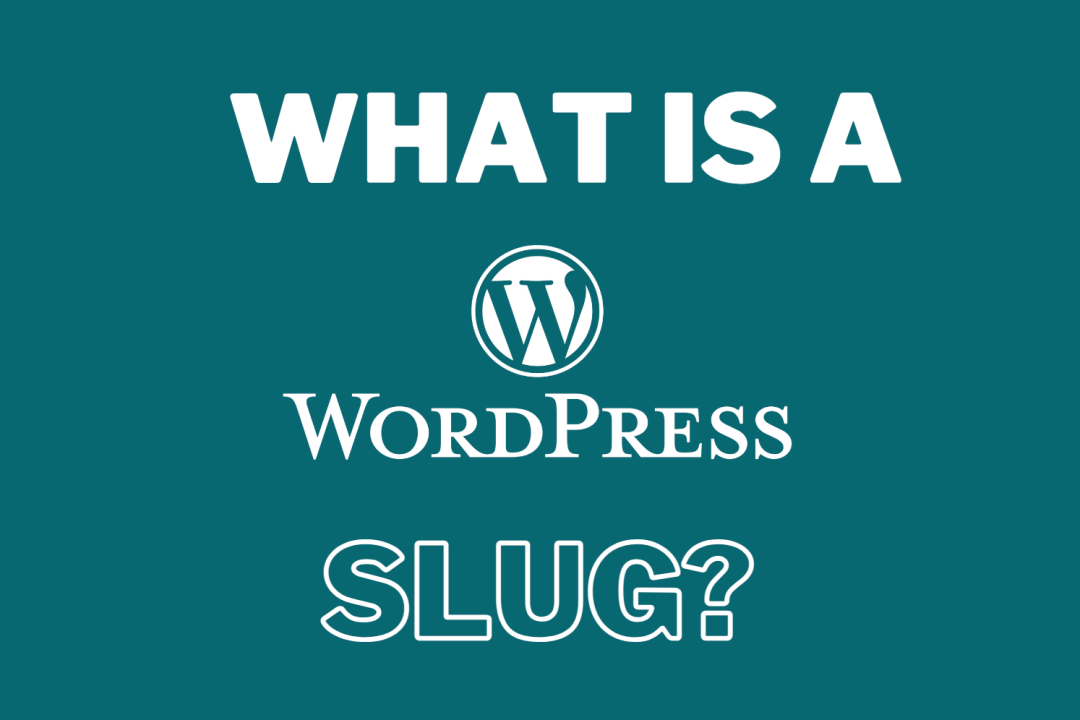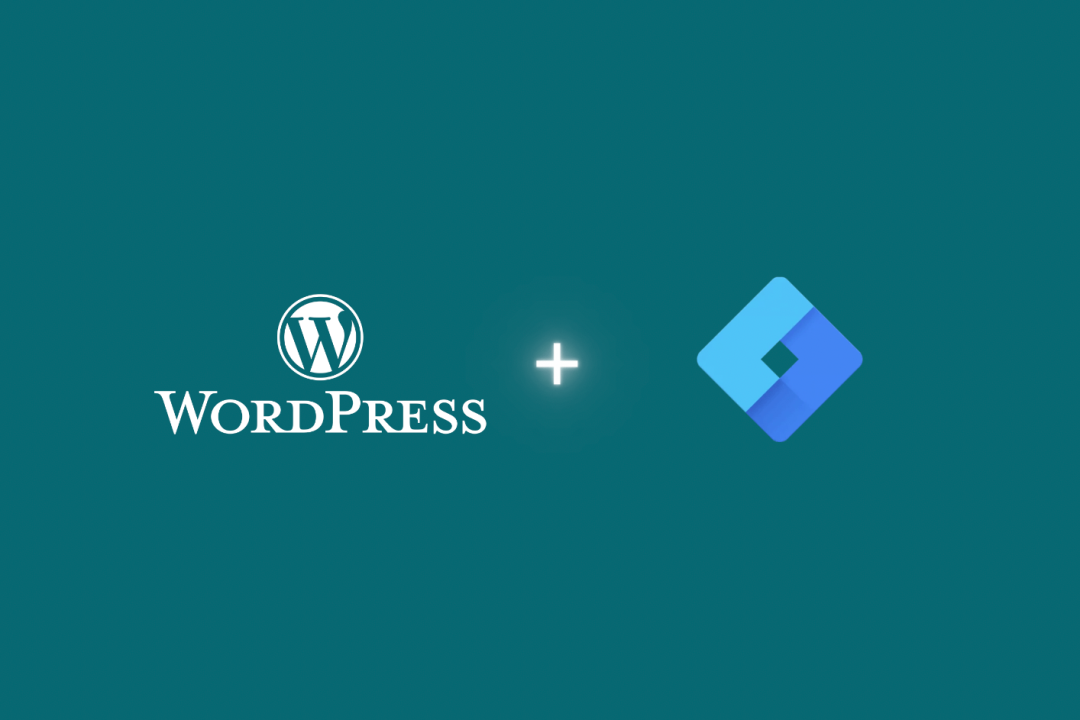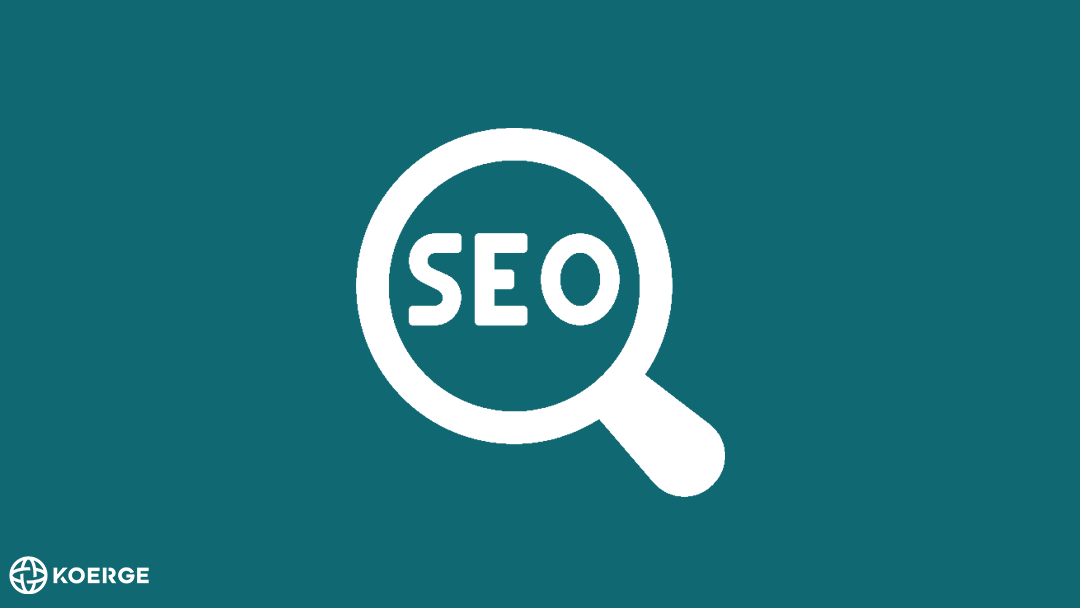
In this article, we will focus on the absolute minimum requirements for you to run your own SEO campaign and hopefully save you money from the thousands of SEO scammers out there.
SEO Landscape
SEO comes in all shapes and sizes, you can often find yourself paying anything from £1,000 to £250,000+ for an SEO campaign. The vast difference in price heavily depends on your specific requirements, industry and quality of SEO you hire. Good SEO isn’t cheap, if you ever signed up to those £100/month offers that guarantee you rankings, sorry to break it to you but you have been scammed.
A successful SEO campaign requires 2 elements technical and content however if your website is a startup or has no off-page authority then you will likely need the 3rd element, off-page SEO to achieve success for competitive keywords and drive noticeable organic traffic.
SEO Fundamentals That Are Often Forgotten
Not everyone has the budgets available to hire a decent SEO freelancer or agency, below we will cover the most basic SEO fundamentals you could perform by yourselves.
1. Conflicts
Probably the most common issue with most websites is conflicting pages, this is where you have two or more pages targeting the same keyword. The page itself doesn’t need to be identical to suffer from this problem which is why its often overlooked. This issue exists everywhere from startups to large enterprise companies as we will demonstrate. Take Kurt Geiger for example, a large fashion company that generates in excess of £200 million a year in revenue and suffers from a basic fundamental issue, conflicts.
Take these 3 URLs as an example:
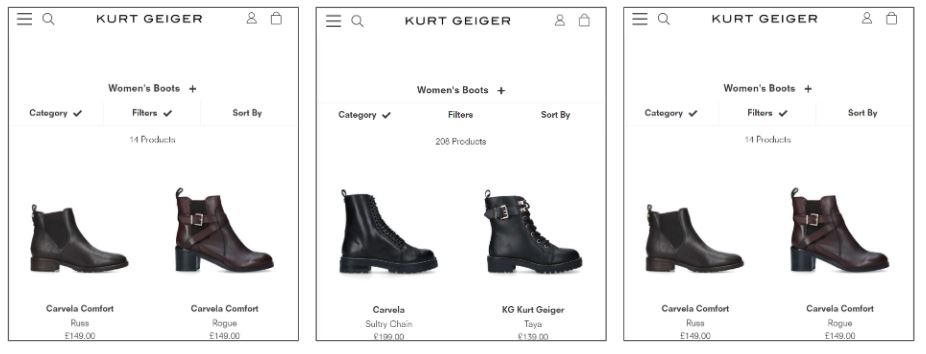
URL 1
URL: https://www.kurtgeiger.com/women/shoes/boots
Page Title: Women’s Boots | Ankle & Knee High, Flat & Heeled | Kurt Geiger
H1 Heading: Women’s Boots
URL 2
URL: https://www.kurtgeiger.com/women/shoes/boots?colour_group=black
Page Title: Women’s Boots | Ankle & Knee High, Flat & Heeled | Kurt Geiger
H1 Heading: Women’s Boots
URL 3
URL: https://www.kurtgeiger.com/women/shoes/boots?heel_height_description=mid_heel
Page Title: Women’s Boots | Ankle & Knee High, Flat & Heeled | Kurt Geiger
H1 Heading: Women’s Boots
All 3 URLs are fully indexable and all 3 use identical page titles and H1 headings, in other words, all 3 of them are targeting “Women’s Boots” which causes confusion for search engines like Google who try to identify what each page should rank for. A website like this has two options, either optimise the conflicting pages to target a unique set of keywords i.e. Women’s Black Shoes & Women’s Mid Heel Boots. Alternatively, if this isn’t an option, noindex the conflicting pages all together.
Therefore it is vital that you identify conflicting pages on your website by simply viewing basic items such as page titles & H1 headings and decide on either noindexing them using an SEO plugin such as Yoast SEO or tweak them to target a unique range of keywords.
2. Not Targetting Anything
You will be amazed at how many websites complain they don’t drive any organic traffic but at the same time, they do not target any keywords customers search for. This again is a major problem for both startups and enterprise companies who like to brand everything. Another great example is River Island who named their Organic clothing range “RI One” on their website meaning they have put themselves at a disadvantage, unable to compete nor rank for ‘Organic Clothing’ which is what the vast majority of users tend to search for.
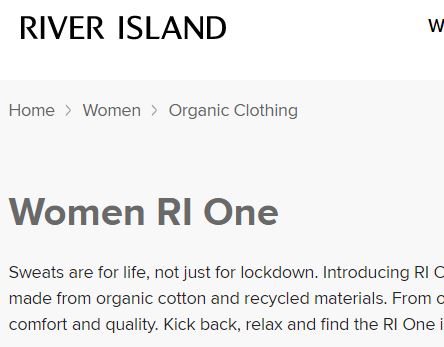
The lesson here is to go through your website, especially your most popular or significant pages and ensure they are targetting keywords users tend to actually search for. If you need help finding the popularity of keywords you can use free tools such as Google Trends otherwise we highly advise using tools such as SemRush or Ahrefs to conduct basic keyword research for your industry.
3. Don’t Dwell on Page Speed
Many will have you believe a higher page speed score will yield better SEO performance but with over 10 years SEO experience and having done enterprise level page speed optimisations on countless blue-chip companies. I am yet to see any real benefit in organic ranking positions or performance.
A great Page Speed score should be nice to have but not a necessity, time and resource are better spent elsewhere in the early stages of your SEO campaign, such as producing content with a purpose (not written for SEO as these articles tend to always fail)
Top 3 SEO Tools to get you started
There are three popular SEO tools that SEOs usually can’t live without, not all three are required for a start up however we will cover the absolute basic use cases of each one of these tools.
ScremingFrog Crawler
- Used to crawl websites to identify conflicting/duplicated pages
- Quickly and easily identify URLs that would be picked up by Google’s crawler but are often not obvious when browsing the website
- Identify broken links
- And many more features which can be found here
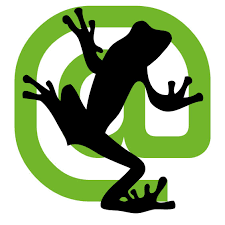
Ahrefs
- Primarily focused on off-page, allowing you to view, in-depth who is linking to you, your domain authority and much more
- Comes with a keyword explorer tool built into Ahrefs allowing you to conduct your own in-depth keyword analysis. From our experience, the keyword explorer within Ahrefs is more than capable for most SEO industries.
- In our opinion for the price, Ahrefs has more to offer than SEMRush for a beginner with a limited budget.

SEMRush
- Primarily focused on keyword research with one of, if not the largest keyword database out of any SEO tool available, covering millions of keywords across multiple countries and years worth of historical data.
